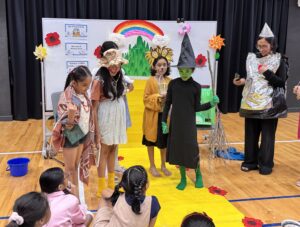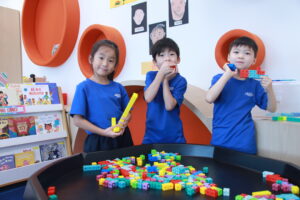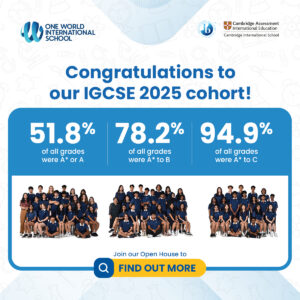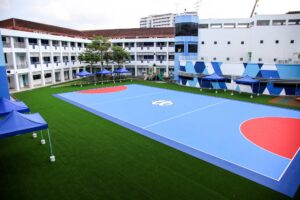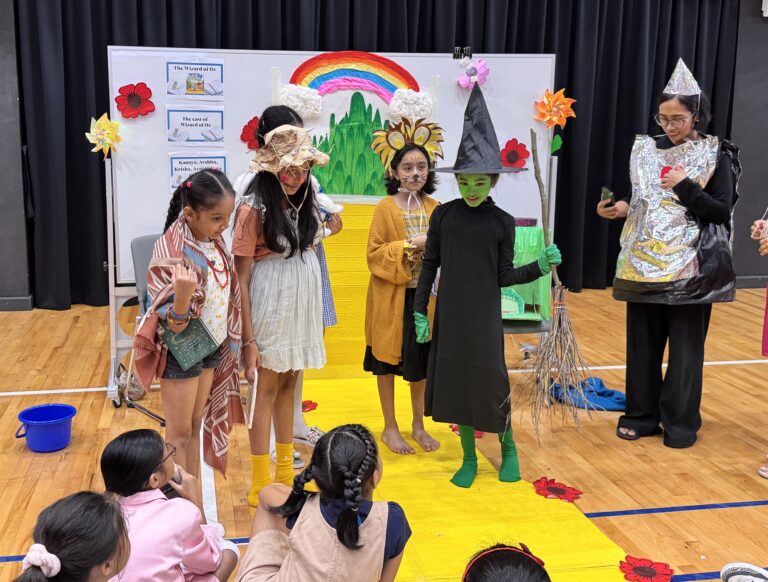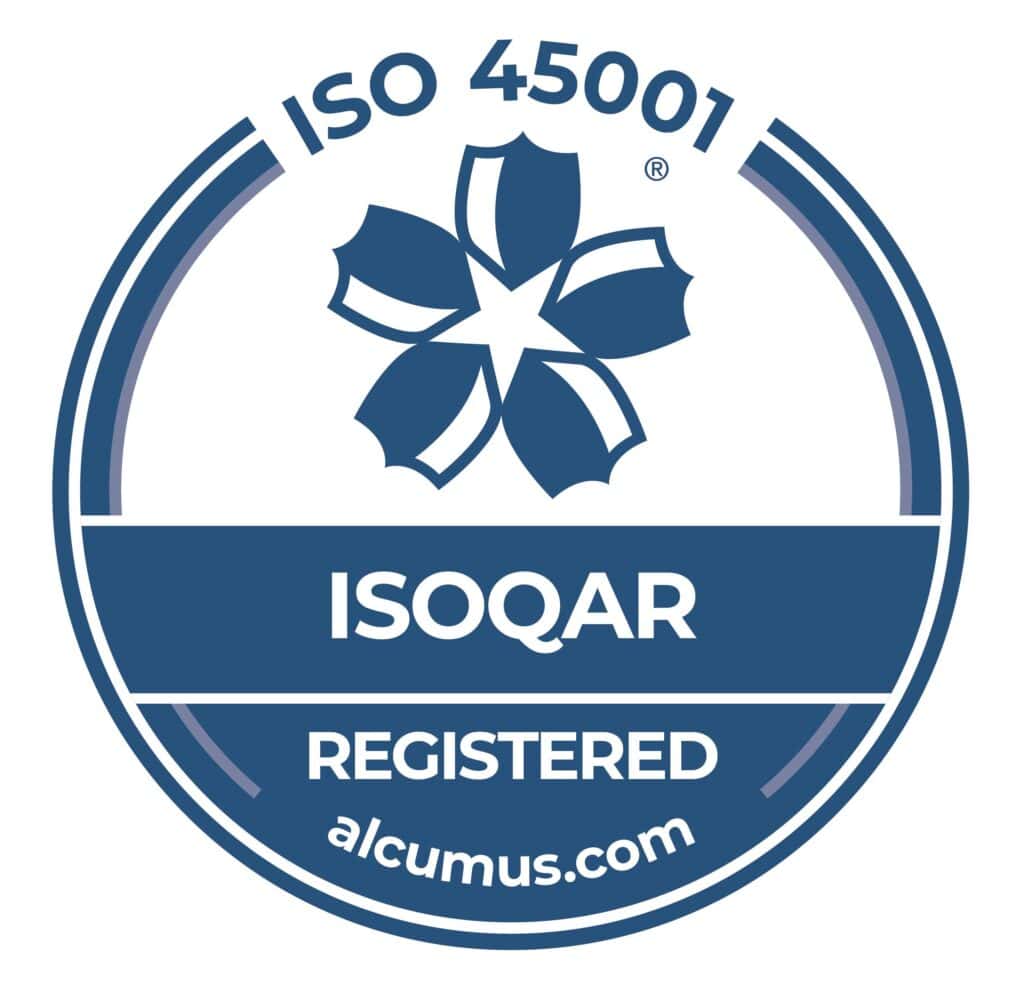By making an effort to personalise instruction based on the needs of the individual student, we give each student at One World International School a voice. They have the opportunity to express which type of instructional method works best for them, and to choose different options for completing their learning experiences. With both a voice and a choice, students naturally take ownership and accountability for their learning. This helps encourage student agency in all of our Primary Years students and leads them on the path toward becoming lifelong learners.
What is Differentiated Instruction?
Differentiated instruction is an educational practice in which teachers personalise the instruction methods used to meet the needs of the individual learner. It is considered to be the best way to provide all students in the classroom, regardless of their strengths or abilities, with the most opportunities for success.
What are the Types of Differentiated Instruction?
There are several types of differentiated instruction that teachers can use. These include:
- Adjusting the content of their lessons to meet the needs of all learners in the classroom.
- Offering different learning experiences and allowing students to choose the process that works best for them.
- Allowing students to demonstrate their understanding through a range of methods, at different levels of sophistication and speed.
- Creating an adaptive learning environment so that students can select a space that works best for their needs and enhances their learning.

What is Student Agency?
Student agency is a student’s capacity for taking ownership of their individual learning experience. When students develop agency, they are able to make intentional choices on their learning journey and set goals for themselves. They begin to understand what steps they need to take in order to reach those goals. With a strong sense of agency, students feel invested in their own work and they hold themselves accountable as they work to meet their objectives.
How is Student Agency Developed Through Differentiating Strategies?
Student agency can be developed by:
- Giving students choices by way of content, learning process, methods of demonstrating their understanding and learning spaces
- Providing students with an opportunity to share their own goals and objectives.
- Supporting students as they make efforts to progress and reach their own goals.
- Designing different hands-on activities that appeal to the interests or strengths of the individual student.
- Providing meaningful feedback and giving students an opportunity to reflect on that feedback.
- Establishing realistic learning goals for each student based on their strengths and interests.

What is the Impact of Student Agency on Learning Outcomes?
Student agency is one of the best ways to instil a sense of self-motivation in students. As they feel that they are in control of their own learning, they are more likely to participate in the learning experience actively. Not surprisingly, this has a very positive impact on learning outcomes. Students are more receptive to feedback when they are accountable for achieving their learning objectives, and they learn how to build upon their existing skills in order to meet their goals. This ability to reflect on feedback and adapt their processes will allow them to be successful throughout their entire lives.
Students who are enrolled in the OWIS IB PYP are encouraged to take ownership and responsibility for their learning. Our dedicated teachers and staff members help students develop a strong sense of personal agency by differentiating our instruction to each student’s individual needs and learning goals. As students gain ownership over their learning, they can work toward becoming lifelong learners. Being a lifelong learner will be essential in the future, as students set their sights on success in a competitive and fast-changing global economy.
To learn more about our PYP programme, contact OWIS today or set up a virtual campus tour.
Please note: All the images in this blog were taken in pre-Covid times.
(This blog was originally written in collaboration with Ms Krithika Venkataramani, former Primary School Teacher, OWIS Nanyang.)

